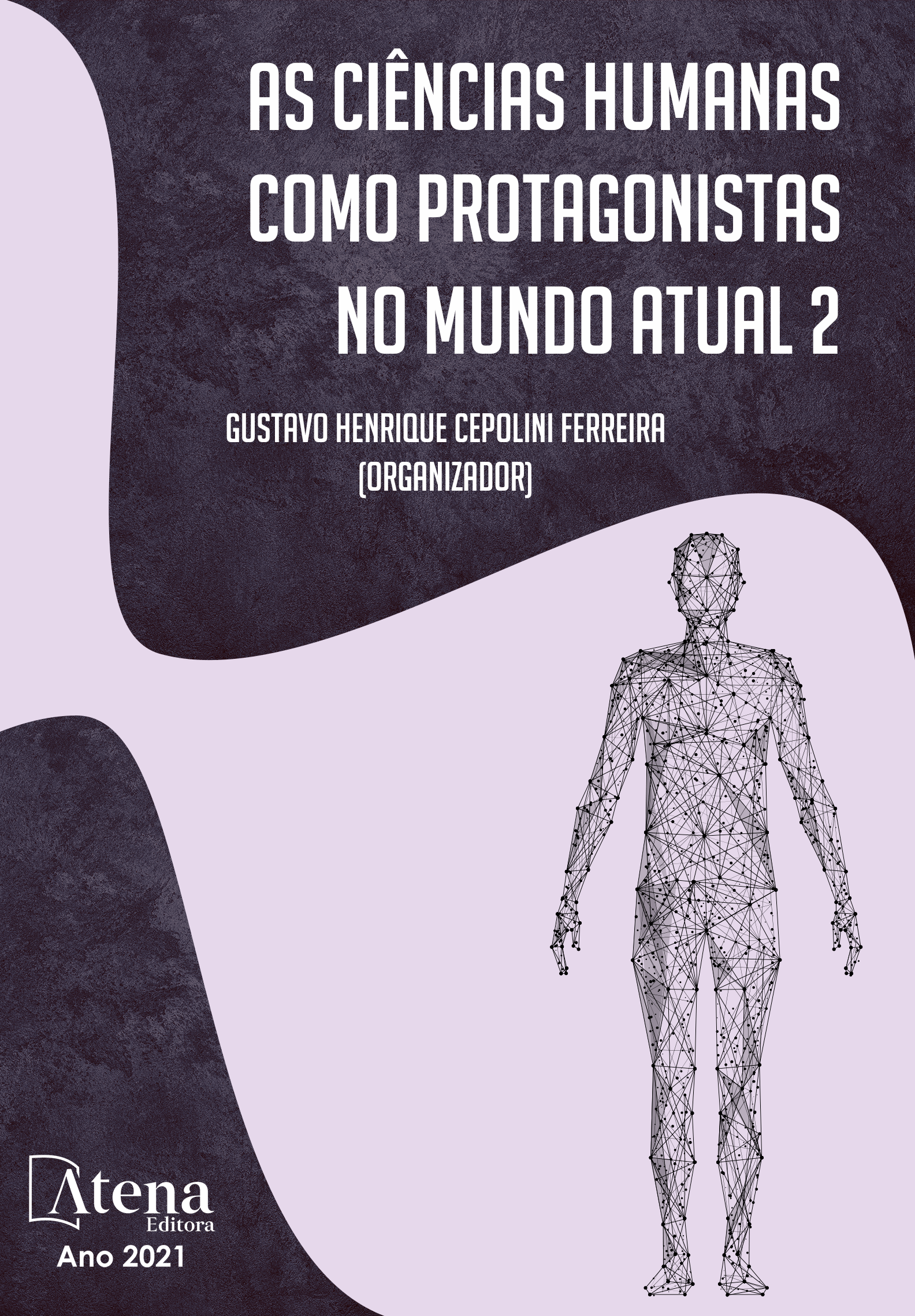
Representatividade africana na literatura e a construção da identidade
Esta pesquisa foi desenvolvida pelo PET Educação em referência ao Dia da criança africana e teve como objetivo propor uma reflexão sobre racismo e representatividade em um dos artefatos de nossa cultura escrita: os livros de literatura infantil presentes nos espaços escolares. Tendo em vista que a construção da identidade da criança, na escola, passa, inevitavelmente, pelos referenciais (conceitos e atitudes) que forem a ela apresentados MARIOSA E REIS (2011, p.42) mostram que, em parte considerável dos escritos, "a criança vai se deparar com os personagens de origem europeia, mocinhas brancas e frágeis esperando por príncipes, também brancos, que irão salvá-las". Raramente, heróis africanos estão presentes e a falta de representação positiva de um povo desencadeia um sentimento de inferiorização e auto rejeição de seus valores éticos, estéticos e culturais, prevalecendo os valores dominantes”. O atraso do retrato negro na literatura brasileira é ainda mais notável, uma vez que este espaço de manifestação não fazia parte de suas vidas, isto faz com que suas representações sejam feitas por terceiros, o que mantém a posição de desprestígio e repete as tais ideias que tentavam romper.
Ao pensar em literatura, é preciso ir além do lazer e prazer da leitura, e considerá-la como instrumento de relações sociais, de conhecimento e de algum modo de luta, é importante “não reduzir a literatura infantil apenas ao processo de instrumentalização pedagógica”. Ela é “um legado histórico, político e social fundamental, que fará parte do imaginário dos futuros adultos”, de acordo com SABINO, LOURENÇO E SILVA (2018, p.173). Acredita-se que a escola pode atuar como um elemento estrutural de mudança cultural. Assim, observa-se o peso que o material didático, a literatura e as atitudes de professores, coordenadores e diretores tem no processo de “reafirmar valores como a igualdade, solidariedade, tolerância, justiça e ética”.
Representatividade africana na literatura e a construção da identidade
-
DOI: 10.22533/at.ed.5652111055
-
Palavras-chave: Representatividade Afro, Literatura.
-
Keywords: Afro representativeness, Literature.
-
Abstract:
This research was developed by PET Educação in reference to African Children’s Day and aimed to propose a reflection on racism and representativeness in one of the artifacts of our written culture: children’s literature books present in school spaces. Having regard to the fact that the construction of the identity of the child in school inevitably involves the references (concepts and attitudes) presented to it MARIOSA E REIS (2011, p.42) show that, in a considerable part of the writings, "the child will come across the characters of European origin, white and frail girls waiting for princes, also white, who will save them". Rarely, African heroes are present and the lack of positive representation of a people triggers a feeling of inferiorization and self rejection of their ethical, aesthetic and cultural values, prevailing the dominant values". The delay of the black portrait in Brazilian literature is even more remarkable, since this space of manifestation was not part of their lives. This causes their representations to be made by third parties, which maintains the position of disrepute and repeats such ideas that they tried to break.
When thinking about literature, it is necessary to go beyond the leisure and pleasure of reading, and consider it as an instrument of social relations, knowledge and some form of struggle, it is important "not to reduce the children’s literature only to the process of pedagogical instrumentalization". It is "a fundamental historical, political and social legacy, which will be part of the imaginary of future adults", according to SABINO, LOURENÇO E SILVA (2018, p.173). It is believed that the school can act as a structural element of cultural change. Thus, it is possible to observe the weight that the teaching material, the literature and the attitudes of teachers, coordinators and directors have in the process of "reaffirming values such as equality, solidarity, tolerance, justice and ethics".
-
Número de páginas: 14
- Débora Monteiro da Silva


